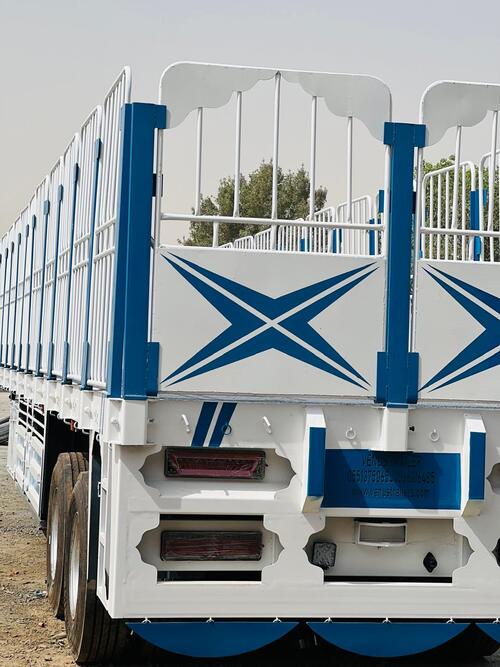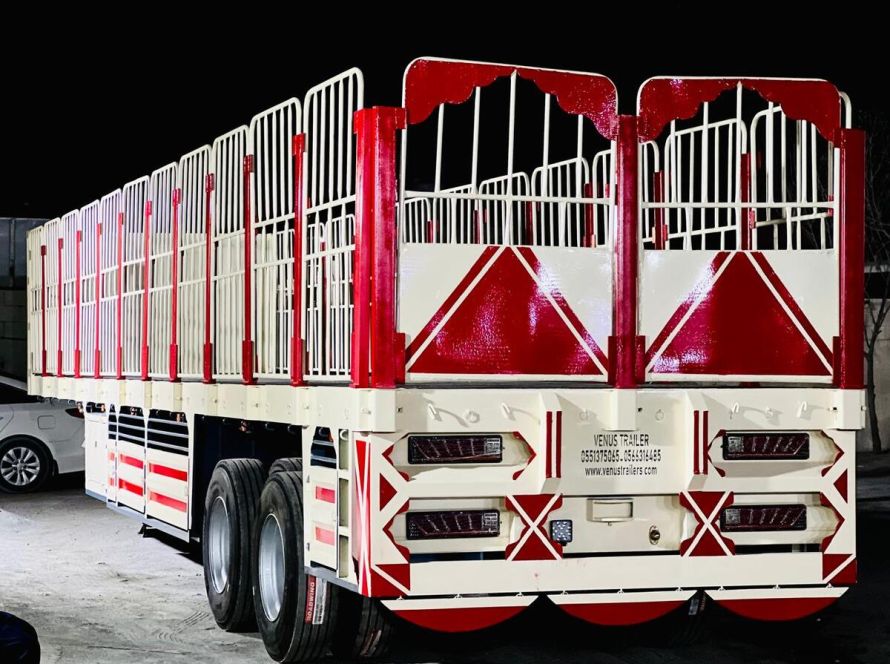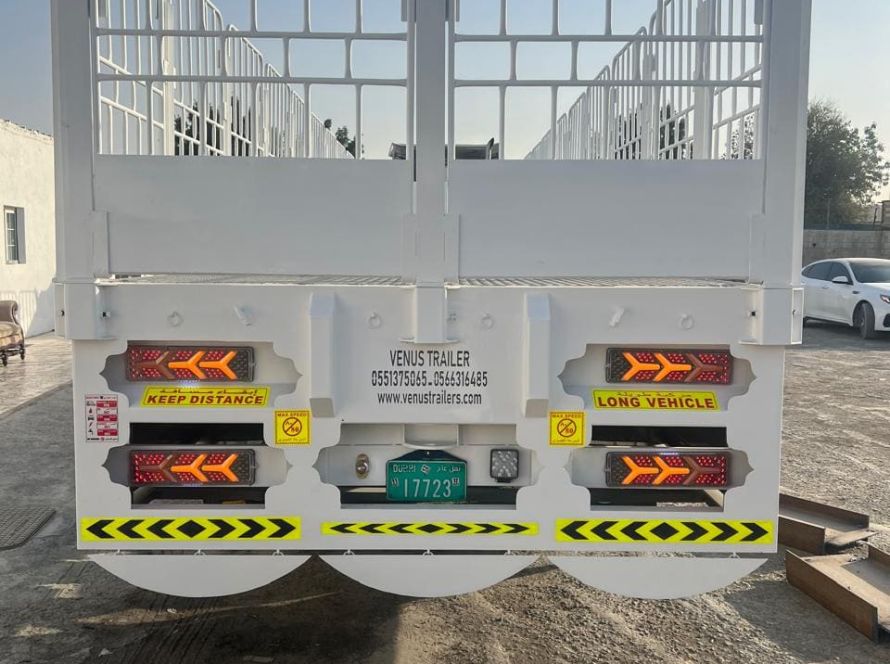Dubai has become a global logistics powerhouse, thanks to its world-class infrastructure, ports, and trade-friendly policies. At the heart of this growth lies the strong support of Dubai logistics trailers, which provide businesses with reliable transport solutions. Whether it’s moving goods from Jebel Ali Port, transporting heavy equipment to construction sites, or supporting retail distribution, trailers manufactured locally in Dubai are essential.
In this blog, we’ll explore how the trailer manufacturing sector contributes to logistics growth, why Dubai is an ideal hub, and what businesses should know when choosing the right trailer solutions.
Why Dubai is a Hub for Trailer Manufacturing
Dubai’s unique position as a global trade gateway makes it the perfect location for trailer production. With access to major highways, international airports, and seaports, manufacturers can easily supply businesses not only in the UAE but across the Middle East and beyond.
The city also benefits from:
- Modern Infrastructure – Road networks and logistics hubs that support efficient trailer use.
- Free Zones – Offering tax benefits and easier export options.
- Skilled Workforce – Engineers and manufacturers specializing in heavy-duty trailers.
- Demand from Multiple Industries – Construction, retail, shipping, and oil & gas.
Related internal resource: Different Types of Trailers Manufactured in Sharjah – A Complete Guide
The Role of Trailers Manufacturing in Logistics Growth
1. Reliable Transport for Dubai logistics trailers, Imports, and Exports

Dubai’s logistics industry thrives on imports and exports. Trailers such as flatbeds, lowbeds, and skeleton trailers are manufactured to transport containers, machinery, and goods safely. This ensures smoother operations at ports like Jebel Ali.
2. Supporting Construction Dubai logistics trailers and Infrastructure
Construction is a key driver of Dubai’s economy. Locally manufactured lowbed trailers handle heavy machinery transport, while box trailers provide secure solutions for materials.
3. Retail and E-Commerce Deliveries
With the rise of e-commerce, demand for box and curtain-side trailers has increased. These trailers help in secure, large-volume deliveries to warehouses and retail outlets.
4. Agriculture and Food Supply
Trailers are also vital for agriculture and food distribution. Refrigerated trailers, often manufactured in Dubai, ensure that perishable goods reach markets fresh and safe.
5. Oil & Gas and Industrial Needs
Industries in Dubai depend on specialized trailers such as tankers and custom-built trailers. Local manufacturers cater to these needs with tailored designs.
Benefits of Choosing Locally Manufactured Trailers
- Customization Options – Dubai manufacturers build trailers to fit unique business needs.
- Cost Efficiency – Lower shipping costs compared to importing trailers.
- After-Sales Service – Easier access to repair, maintenance, and spare parts.
- Faster Delivery – Local production ensures businesses get trailers quickly.
After-Sales Service in Dubai –
Global Reach – Exporting Trailers from Dubai
Not only does Dubai manufacture trailers for local use, but it also exports them to neighboring regions like Saudi Arabia, Oman, and Africa. With efficient free zone regulations, the export process is cost-effective and streamlined.
For a deeper understanding, check out this external guide on Dubai’s logistics sector growth.
Future Trends in Trailer Manufacturing in Dubai
- Smart Trailers – Integration of GPS tracking and IoT for monitoring cargo.
- Sustainable Materials – Lightweight and eco-friendly designs to reduce fuel use.
- Hybrid and Electric Support – Trailers designed for green vehicles.
- Advanced Safety Features – Anti-roll systems and stronger braking support.
These trends will further strengthen Dubai’s role as a logistics hub.
Conclusion
The growth of logistics in Dubai is directly supported by trailers manufacturing in Dubai, which provides reliable, cost-effective, and innovative solutions to businesses across industries. From construction to retail, agriculture to exports, trailers are the backbone of smooth supply chains.


